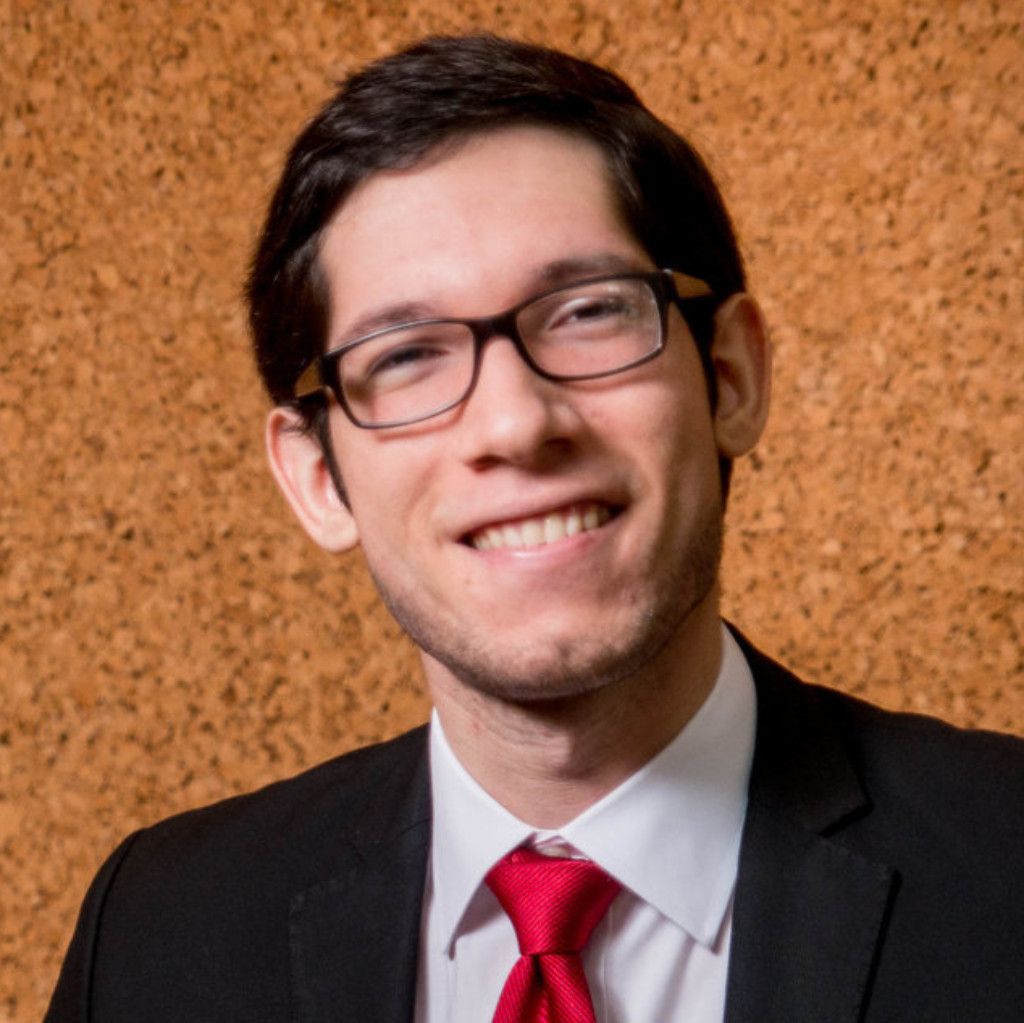As part of its Research Fellow Spotlight series, the Institute for Transnational Law sat down with Gabriel Cajiga on February 12, 2021 to learn about his research interests in cybersecurity law. In addition to serving as the Institute’s 2021-2022 MD Anderson Research Fellow in Transnational Law, Mr. Cajiga is also a Fulbright student from Panama pursuing an LL.M. (Master of Laws) in Cybersecurity Law at Texas Law. Below is a transcription of the interview.
Please tell us about your research interests?
My research interests are related to the ever-developing relationship between law and technology. It is incredible how every type of law has been affected by the fast growth of the Internet, and it is the duty of the law to keep up with those changes. I believe that the law has to be an enabler of socio-economic development, not an obstacle. As you can imagine, this is an extremely wide subject, so this time I have opted for researching the international efforts to write internet norms and promote cybersecurity. This topic leans more to international and national security law.
What has your journey been to this point?
My relationship with tech law started when I researched the impact of the digital economy on Panamanian income taxation for my first law degree, which I earned in Panama. After obtaining my law degree in my country, I focused on a more traditional practice in contracts, business law, and intellectual property at a small Panamanian law firm. That helped me understand the legal and technical challenges lawyers face daily. I also became a member of IPANDETEC, which is an institute advocating for digital rights and the correct use of technologies in Central America. This organization helped me have a more regional view of tech and privacy law in the region. Through these experiences, I noticed a shortage of knowledge of information technology law in Panama that affects the government and companies. I decided to counter that and that is why I enrolled in the LL.M. concentration in Cybersecurity Law at The University of Texas School of Law. This could not have been possible without the support of the Fulbright Foreign Student Program and the MD Anderson Foundation.
Can you speak of any challenges that you have had to overcome?
This is a tough question because challenges are part of one’s life and as difficult as they may be, you have to overcome them. More recently, the pandemic is a tough challenge. When I was announced as a grantee of the Fulbright Scholarship, I was eager to participate physically in the LL.M. Program. However, I had to begin the fall semester remotely from Panama. It was difficult keeping up with the pace of a demanding graduate program, adapting to the US legal education system, and creating a professional network. Nonetheless, despite a few ups and downs in my first semester, I reminded myself to see the glass half full, and for me, that fall semester was as perfect as it could be. The journey continues now in Spring in Austin!
What advice would you give to your younger self?
Uncharted paths are one of the things that will never disappear in your life. Be bold, and never be afraid of asking for help. People might ignore you or might not know how to help you, but something good will always come if you ask for help. Having a support system is invaluable.
What lessons did you learn from your own research, which have shaped your way of thinking?
It is surprising the amount of resources that exist–papers, books, cases, and seminars. As a result, you are bound to come into contact with concepts that you are unaware of and you may disregard them. It is important to be open and aware of those other ideas because it is possible that your interests and passions lay there. Discussing them with classmates over a virtual platform or at a safe social distance is an excellent way to deepen one’s understanding of topics.
This interview was conducted by Dr. Mauricio Pajón, the Institute’s program director.


